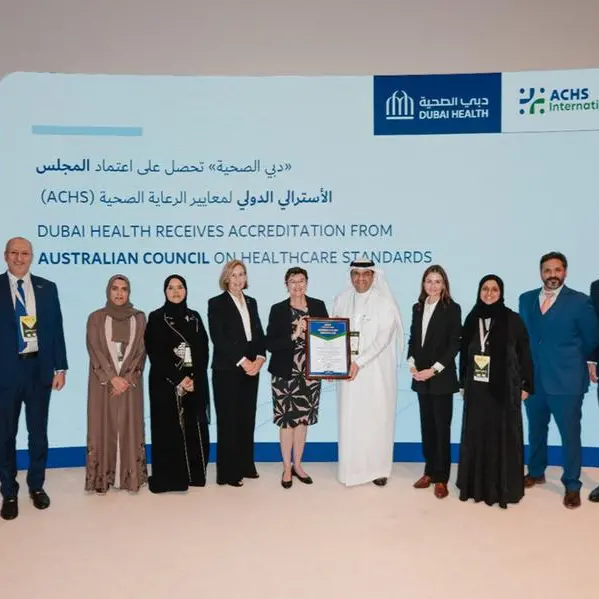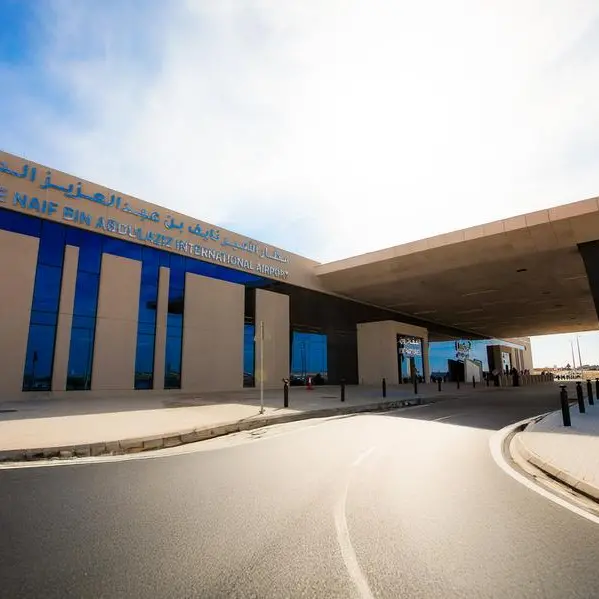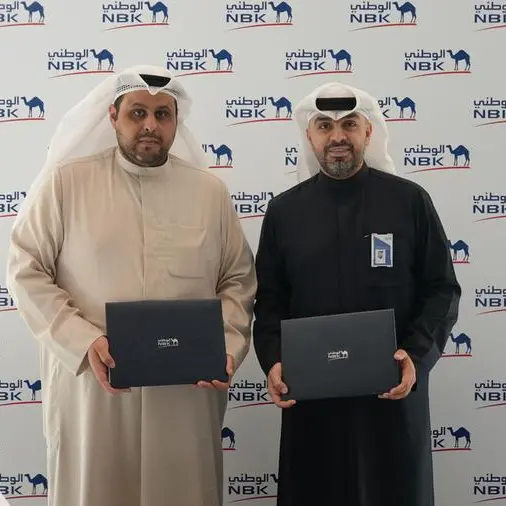UNESCO Regional Office for Southern Africa (ROSA) hosted the first of a two-part sustainable tourism, capacity building and networking program on 17 November 2021. The training, which was attended by regional tourism authorities, museum curators and World Heritage Site Managers, was delivered online and centered around the UNESCO World Heritage Sustainable Tourism Toolkit, with a specific focus on the first topic “Understanding Tourism at your Destination.”
In his remarks, UNESCO ROSA Culture Programme Specialist Mr. Francisco Gomez Duran said the interactive online learning discussion would develop a visual representation of the situational analysis that could be used for further resource mobilization, showing how the World Heritage Journeys programme with UNESCO’s support can address the issues identified in the situation analysis.
Participants from all nine countries covered by ROSA (Botswana, Eswatini, Lesotho, Malawi, Mozambique, Namibia, South Africa, Zambia and Zimbabwe) were taken through the UNESCO World Heritage Center Visitor Management Assessment Tool (VMAT), a new addition to the UNESCO World Heritage Sustainable Tourism Toolkit. The VMAT assesses the state of current site governance and visitor management within the bounds of the Four Pillars of Sustainability, which are: 1) Sustainability Management; 2) Social&Economic; 3) Cultural and 4)Environmental. Additionally, it offers users a blueprint for developing visitor management.
Attendees will be joining the next workshop on 26 November 2021. This next gathering will explore the second topic of the World Heritage Sustainable Tourism Toolkit, “Developing a Strategy for Progressive Change.” Connecting the aims of the first topic and the one to be delivered on the 26th, a representative from Botswana highlighted the fact that resources and knowledge are not equally available or distributed by country, destination, or site, thus the reason regional conversations about sustainable tourism practices at UNESCO designated sites are important.
Tourism is an increasingly major source of growth, employment and income for many countries worldwide, and within the Southern African region, this represents huge opportunities for sustainable economic development and poverty alleviation. The World Heritage Journeys of Southern Africa Project is designed to bring together tourism and World Heritage authorities from Angola, Botswana, Eswatini, Lesotho, Mozambique, Namibia, South Africa, Zambia, and Zimbabwe and to introduce UNESCO’s World Heritage and Sustainable Tourism Programme and the various tools and case studies available to them.
Distributed by APO Group on behalf of United Nations Educational, Scientific and Cultural Organization (UNESCO).
© Press Release 2021
Disclaimer: The contents of this press release was provided from an external third party provider. This website is not responsible for, and does not control, such external content. This content is provided on an “as is” and “as available” basis and has not been edited in any way. Neither this website nor our affiliates guarantee the accuracy of or endorse the views or opinions expressed in this press release.
The press release is provided for informational purposes only. The content does not provide tax, legal or investment advice or opinion regarding the suitability, value or profitability of any particular security, portfolio or investment strategy. Neither this website nor our affiliates shall be liable for any errors or inaccuracies in the content, or for any actions taken by you in reliance thereon. You expressly agree that your use of the information within this article is at your sole risk.
To the fullest extent permitted by applicable law, this website, its parent company, its subsidiaries, its affiliates and the respective shareholders, directors, officers, employees, agents, advertisers, content providers and licensors will not be liable (jointly or severally) to you for any direct, indirect, consequential, special, incidental, punitive or exemplary damages, including without limitation, lost profits, lost savings and lost revenues, whether in negligence, tort, contract or any other theory of liability, even if the parties have been advised of the possibility or could have foreseen any such damages.



















